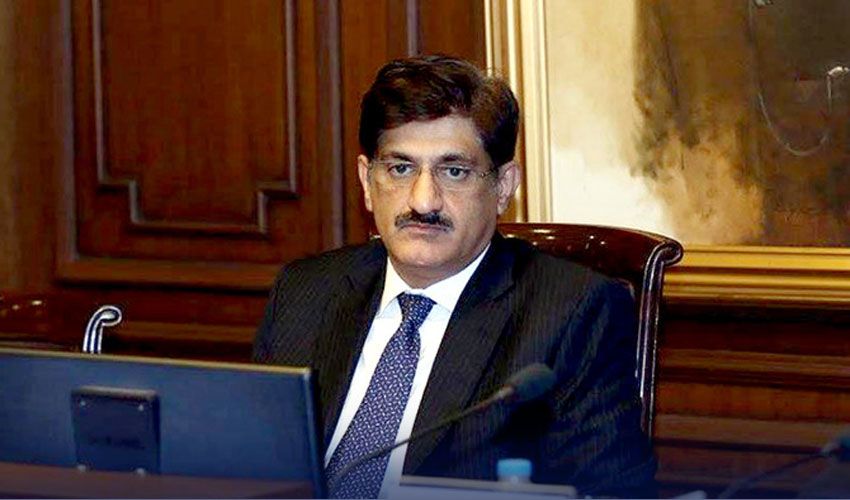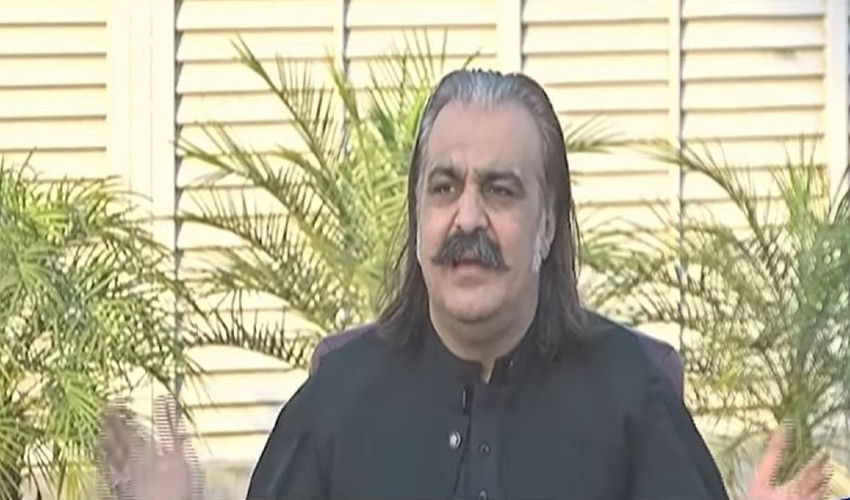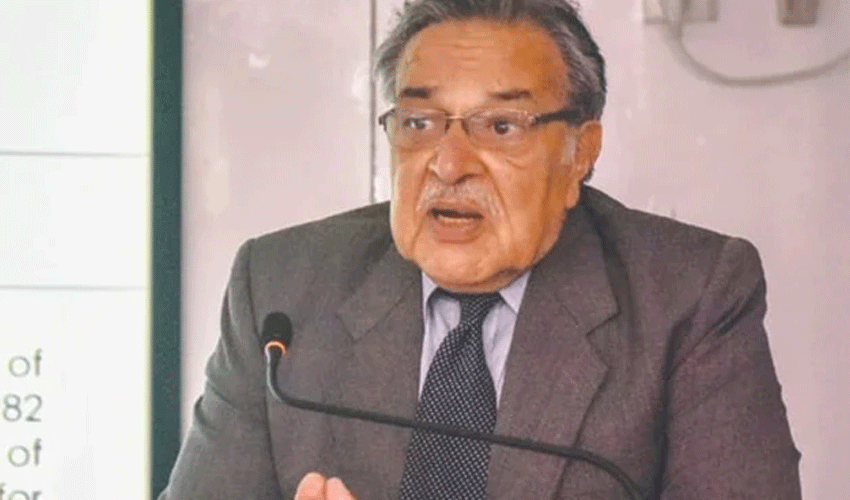Sindh Chief Minister Murad Ali Shah has warned that if the federal government does not halt the controversial canals project, his party may consider withdrawing support—but emphasized that they do not wish to take such a step.
"Let’s talk. Dialogue is the only way forward," he said during an appearance on SAMAA’s show Red Line with Talat.
Murad Ali Shah recalled that a certificate from IRSA (Indus River System Authority) had been secured even during the caretaker setup in the past. "We don't want another interim government to make decisions that later lead to endless disputes," he said. "The PML-N should also reflect on this. I believe they, too, would not want such a scenario."
Earlier, speaking on Nadeem Malik Live on SAMAA TV, senior PPP leader and Sindh Minister Nasir Hussain Shah said the Pakistan Peoples Party would not hesitate to leave the federal coalition if necessary. "It would take us two minutes to walk away," he stated. "Had the PPP not supported the PML-N, elections would have been delayed by nine years."
Nasir Hussain Shah criticized plans to extract more water from the Indus River, warning it would directly impact Sindh’s water share. While some statements from Prime Minister Shehbaz Sharif, Ishaq Dar, and Rana Sanaullah were seen as positive, he noted that other PML-N leaders had "rubbed salt on wounds."
"We are still hopeful that the Prime Minister will make a positive decision," he added. "But since there has been no communication, Bilawal Bhutto has decided to take the matter to the public through rallies."
Meanwhile, Federal Minister for Parliamentary Affairs Dr. Tariq Fazal Chaudhry said the issue of canals is more political than technical. "The government will not impose its will on provinces regarding canals or the Mines and Minerals Bill," he stated during the program.
He emphasized that the distribution of resources in Pakistan is governed by agreements, laws, and the Constitution. "This is not a new dispute that will change provincial boundaries. Any discussions will be based on existing legal frameworks," he concluded.



























